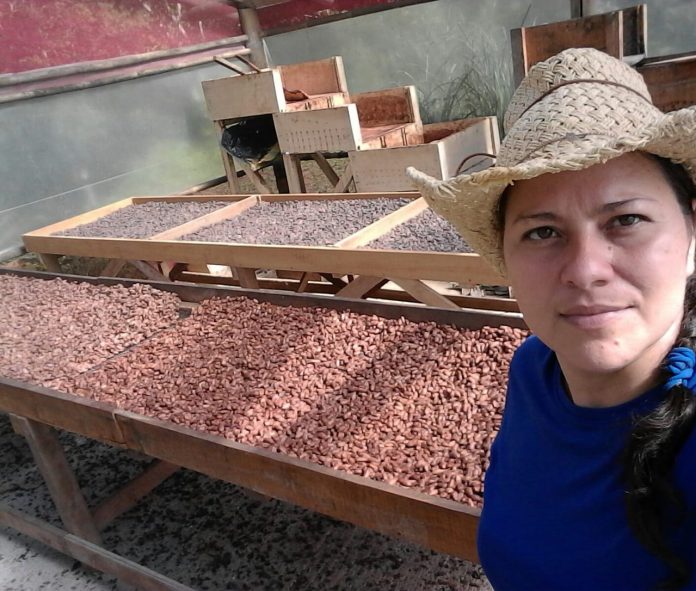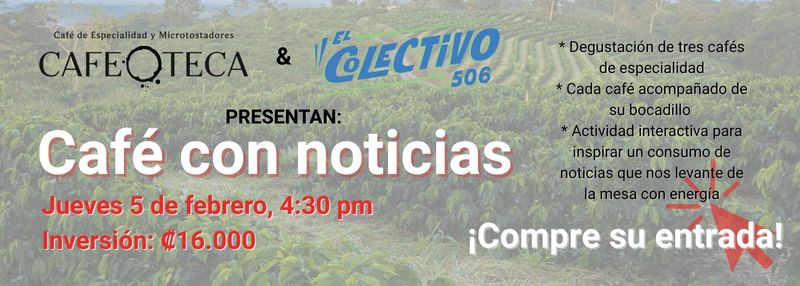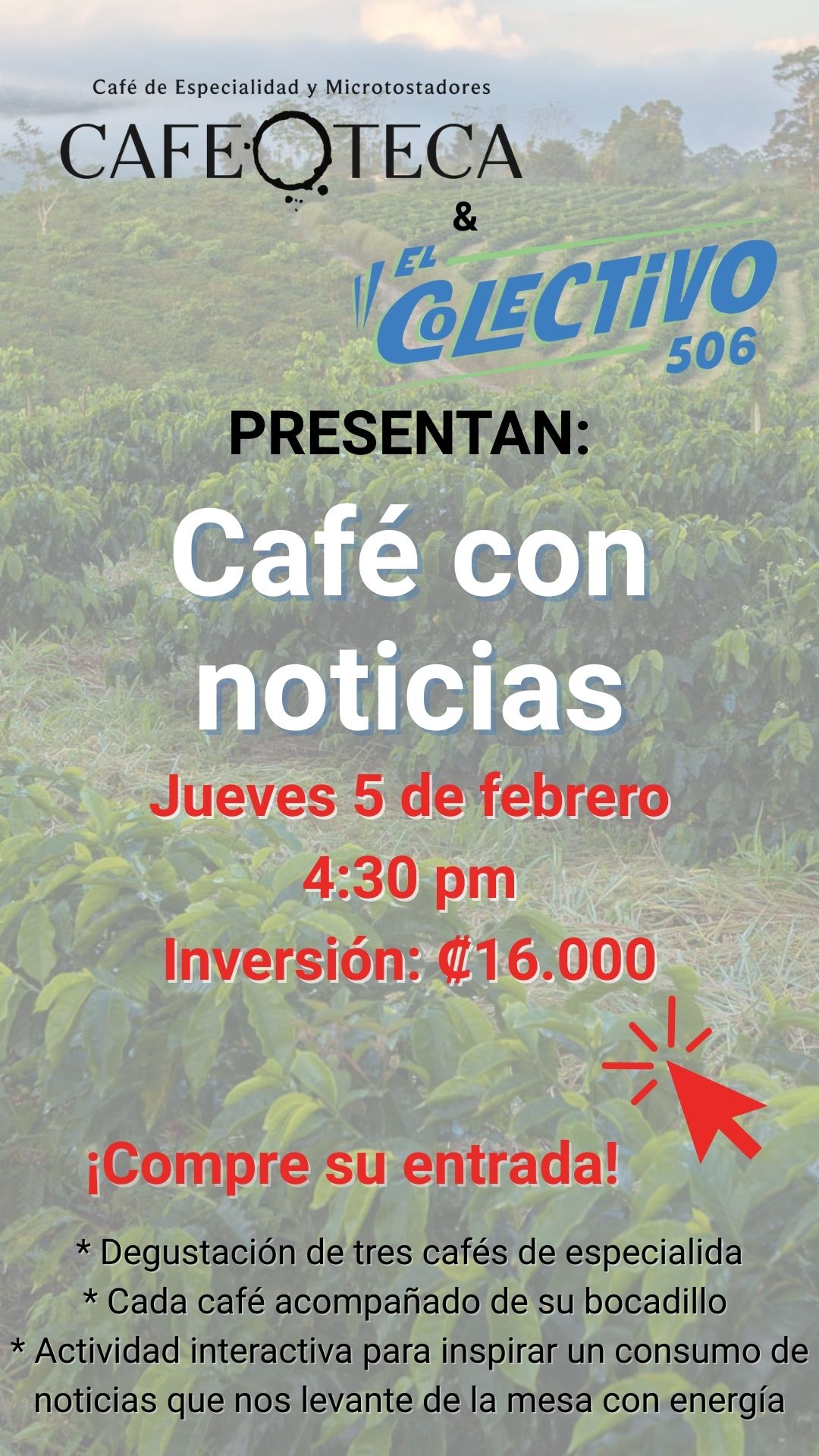In the early hours of the morning, the noise of an ATV fills the hills of Turrubares and announces that Yorleny Cubillo, the chocolatier at Macaw Kakau and Macaw Lodge, is on her way. She brings her helmet and her jacket in the winter months. These mountains in the hills of Turrubares can be tricky in the rainy season.
Yorleny gets up at 4 am each day. She takes care of her plants, her chickens and her house, located in the town of Las Delicias, before going to work. She is the mother of a son; she is 37 years old; and for several years she has worked at the ecological Macaw Lodge in Cerro Turrubares. Today, she runs the chocolate factory at the hotel.
At the stroke of 7 am, Yorleny arrives at the hotel entrance. She heads to the left, towards the factory. Once there, where she also has some office space, she gets ready: she puts on her hair cap, her mask, and her apron, and she is ready to make chocolate. From her office she can see Cerro Potenciona, which always clears from 6 to 9 a.m. She has been told that it is cold up there, but she has never been. At this time of year, the hill is full of yellow “egg-colored” trees called gallinazos, but the view of that mountain wears colors all year round.

The origin of Yorleny
Yorleny grew up in a family with nine brothers and sisters, without much more to live on than a very dedicated and hard-working mother. Her family lived on what they grew and raised. Bananas. Tubers such as cassava and taro. Chickens, pigs and cows that gave them milk, cheese, custard. They also fished, caught shrimp, and sought out other types of food.
At the age of 12, she looked for work in Alajuelita, in the southern part of the city of San José. By age 16, she was a mother. Despite her adversities, she says her mantra has always been “I’m going to get ahead. I’m going to be someone.” When she returns to the Cerro Turrubares area, she was presented with the opportunity to work at Macaw Lodge in cleaning and cooking. She soon managed to buy her first sewing machine: in addition to working at Macaw, she started making cushions, curtains, and armchair covers.
Yorleny remembers the day that Pablo Gordienko, owner and founder of Macaw Lodge, brought a master chocolatier to the hotel. The cocoa plantation was small. There were a few seeds and a few saplings. The teacher gave workshops to hotel employees. Yorleny wrote down everything that this man was teaching in a notebook. She wrote down recipes, wrote down the steps. Paul observed this, and asked her: “Are you up for trying this? I can buy machines, and we can try.”
And so they began.
Today, Yorleny is in charge. She’s the one with the most knowledge of the process of harvesting, drying, and fermenting cacao to create chocolate.

Once dressed and ready to work, Yorleny begins by checking whether the roasters for the cocoa beans need to be fired up. While the seeds are roasting, the chocolate machines can be turned on; Yorleny takes advantage of every moment of wait time. If bars were made the day before, they can now be packed, thus emptying out the machines. Each chocolate product is labeled with the recipes that have been used. She also takes advantage of wait time to check emails and respond to customers.
If she has to mold or temper chocolate that day, she has to prepare spatulas, molds, toppers, and other tools. When the instruments are ready, let’s get to work! Time to temper. Once again, she takes advantage of the extra time while the chocolate cools to prepare or turn on other machines. She knows all these processes. She’s mastered them.
There are work days that end at 3 or 4 pm; there are days that end at 8 pm. It varies depending on the orders and “whether I need to have something ready,” says Yorleny. Her order and her structure allow the factory produce chocolates constantly.
The work is tiring and inspiring at the same time.
“My dream is to do my best, to carry this project forward,” Yorleny says, “so that tomorrow there will be someone who takes care of the chocolate and who will draw from it the same love that I draw from it. The responsibility to do things with care and dedication, with excellence. I would like to leave this with someone who values it.”.
Yorleny leads and builds the Macaw Kakau brand. The work and dedication of this woman has allowed this chocolate to be produced, packaged and enjoyed around the country.
The origin of cacao, and a call to action

Have you ever wondered where chocolate comes from? Is it Swiss? Or, if it has a lot of sugar and additives… is it chocolate? Chocolate has a history in our land, and cacao grows on our soil. It is part of the millenial history of the Americas, and Costa Rica shares it. Today many communities throughout Costa Rica, such as Macaw, Turrubares, Las Delicias and Bijagual, are contributing to the resurgence of cacao production and chocolate manufacture.
Every Costa Rican should take the opportunity to see a cacao plantation and thus understand that this product is part of our ecosystems. It is part of agroforestry systems: it feeds and at the same time feeds other trees. It interacts with other animals, insects, the air itself. It is part of an entire cycle that forms the biodiversity of Costa Rica.
A healthy cacao plantation has benefits for all nearby communities, for the soil, for the other plants and animals that reside in the area. But the impact can go further. Yorleny already dreams of the factory growing and, one day, working with neighbors and nearby farms. She dreams of helping others learn to have sustainable plantations and seek her out so that she can process their cacao beans.
If you want to contribute to this vision, buy a Macaw Kakau bar and enjoy it. You can find them in stores like Café Bohío in Jacó, Café Franco in Barrio Escalante, and other points in the country. You can also order deliveries to your home address.
Stories published under the Directory 506 byline are a joint effort between the editorial team of El Colectivo 506 and the entrepreneurs and organizations that participate in our national directory of rural tourism. This report was created thanks to the talent and input of Gabriela Mateo, Founder of Proyecto Pura Vida Wellness, and of course with the support of Macaw Lodge in Cerros de Turrubares, in Costa Rica’s Central Pacific region. You can learn more about Macaw Kakau here or place your chocolate order by calling 8490-0363.








